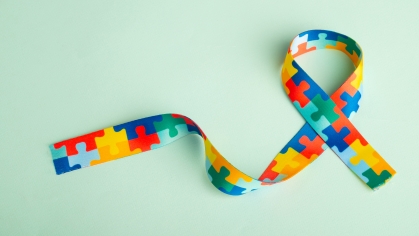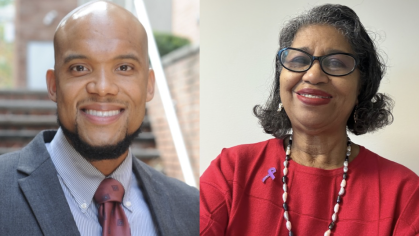By Stephen Sidorsky, LCSW
January 27th, the anniversary of the Soviet liberation of the Auschwitz death camp, is marked by the United Nations as International Holocaust Remembrance Day at UN headquarters and in countries throughout the world.
The Holocaust or Shoah, as we consider it 85 years after it took place, was an organized, systematic, state-sponsored program designed to eradicate the entire Jewish population in Europe, as well as some other groups - Catholics, Romas, gay people, socialists, persons with disabilities, and others who did not fit into the accepted racial and political categories recognized by the Nazis. This plan, known as “the final solution,” had the specific goal of rendering all of Europe “judenrein” – free of Jews. It created death camps, work camps, ghettos, the mobile killing squads known as the einsatzgruppen, and the Nuremberg Laws preventing Jews from participating in government, the professions, and eventually any aspect of daily life in Germany and the surrounding countries. It meant the destruction of schools and houses of worship and the eviction of Jews from their homes. It led to the requirement that Jews wear yellow stars on their clothing, divest themselves of their possessions and their assets, and be forcibly removed from the communities and countries where they had lived for generations. Ultimately, between six and seven million people were murdered and millions more were dispossessed.
It is vitally important to recall this horrific period in history, as well as the experiences of African Americans, Native Americans, Armenians, Cambodians, Rwandans, and other groups and cultures. Taking time to recall this event and honor those who were lost, as well as all of those who were affected and continue to be affected, enables us to consider the lessons that may be learned to ensure that such a social/political disaster – an unthinkable event - will never happen again.
It is important to understand that the Holocaust did not happen overnight, in a period of weeks or months. A slow, steady and, at times, imperceptible erosion of rights took place beginning in the early 1930’s with Hitler’s appointment as chancellor. Between 1933 and 1938, Nuremberg laws were passed restricting Jewish participation in government, the professions, and eventually, all aspects of day-to-day life in Germany.
Kristallnacht (The Night of Broken Glass) in November 1938 was a two-day pogrom, a coordinated outbreak of violence against synagogues, Jewish businesses, schools, and homes, as well as the roundup of over 30,000 males who were sent to work camps. It marked the first of many Nazi pogroms that took place without even the veneer of legal justification.
We learn how easily a nation can evolve from democracy to authoritarianism; how a people who were full citizens and who enjoyed participation in every part of public life, from the most exalted positions in government, law, and industry, to “everyday people” who worked in factories, taught in schools, owned small businesses, put out fires and drove taxis and trains, were slowly and deliberately dehumanized, reduced to a status of “others,” aliens in their own land.
If we forget, deny, or disregard; if we say it was a long time ago or “it happened in another country;” if we tell ourselves we are too sophisticated and knowledgeable to allow this to happen; if we disown or ignore attempts to destroy the humanity of a people, we can only end up devaluing and damaging our own.
At this time, our role as social workers is more crucial, more necessary than ever. We are uniquely placed in our social fabric. On one hand, we have our professional identities, our academic and vocational affiliations, and our network of people who have similar lifestyles, economic and otherwise. At the same time, our daily work is most often with individuals and groups who are most vulnerable, most at risk, and frequently least able to access the services, privileges, and prerogatives that are available to the wider populace. We can see the “big picture” and recognize where and when we need to act. We recognize our responsibility to act.
There is a passage in the Talmud – the book of teaching, instruction, and commentary on Jewish life – that states, “To save one life is as if to save the whole world.” Much of our work begins with a single individual, enabling us to realize this principle. Remembering the victims of the Holocaust – as well as the victims of other attempts to annihilate a people and their culture – is another opportunity to acknowledge and respect our common humanity and to join together to defeat any attempts to shatter it.
This story was created in partnership with Rutgers School of Social Work's Inclusion, Intersectionality, Diversity, Equity, and Advancement (IIDEA) Committee in support of our commitment to diversity, equity, and inclusion.



